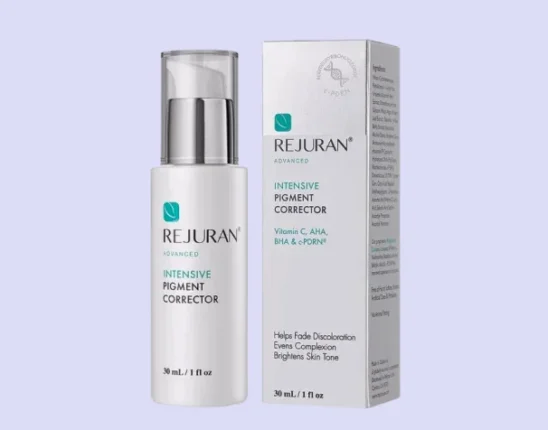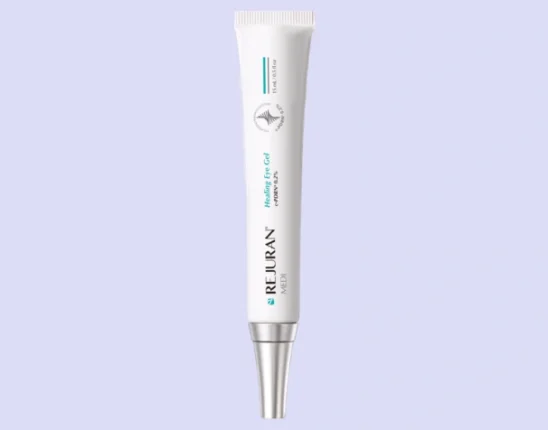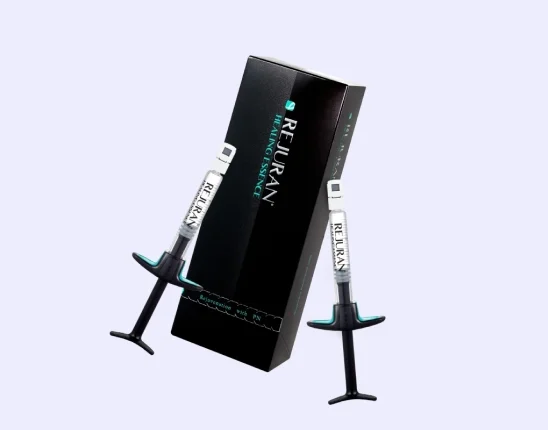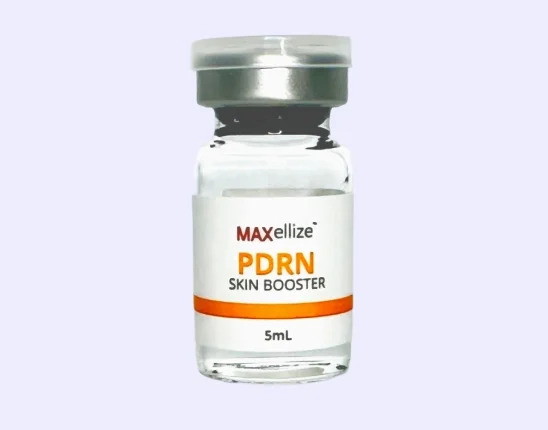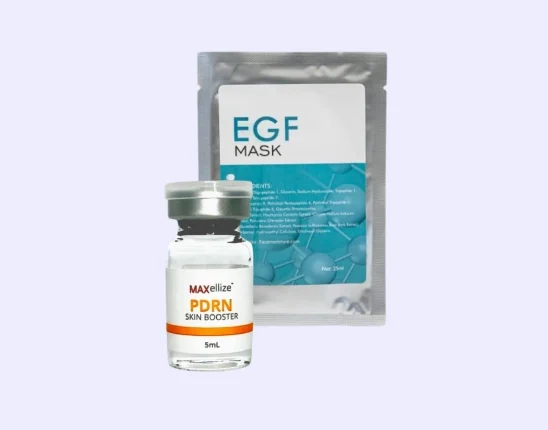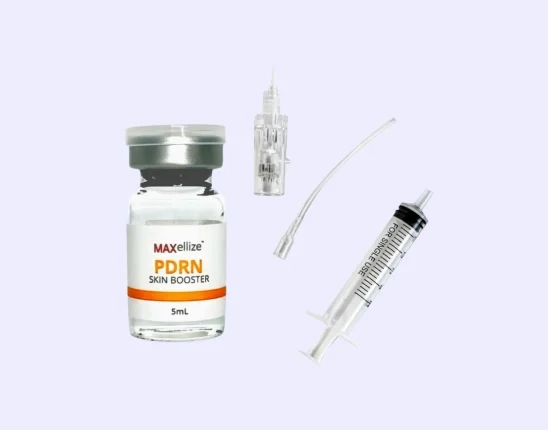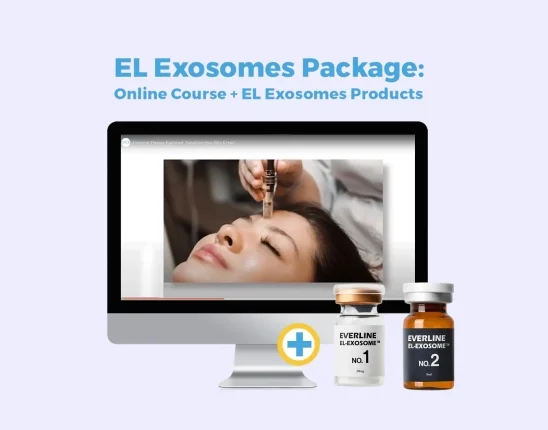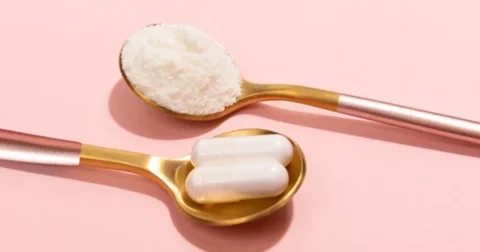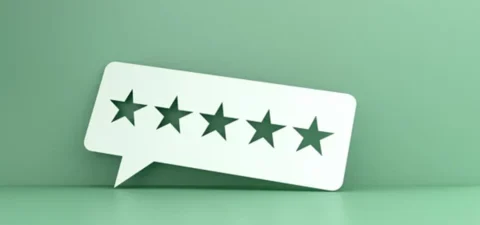Collagen peptides are naturally occurring structural proteins found in your body that aid in skin and hair health. They help provide the body with essential amino acids that can boost skin elasticity and hydration as well as boost keratin production for healthy hair growth.
So can collagen peptides cause hair loss? The short answer is no. Collagen peptides, whether naturally occurring or supplemented, will most likely never cause hair loss. Collagen peptide supplements can actually provide a number of benefits for hair growth, such as stimulating the anagen phase of hair growth and preventing hair damage.
Can Collagen Peptides Contribute to Hair Loss?
With collagen production being essential to hair growth and hair health, it is quite impossible for collagen peptides to be the cause of hair damage or hair loss. Collagen and collagen peptides provide essential proteins for your hair follicles to build hair and protect it from free radicals.
As you age, the collagen levels naturally found in your body begin to diminish, which can cause hair loss or damaged hair follicles. However, collagen supplements have been shown to help maintain collagen levels in the body with benefits to skin quality and hair regrowth. With daily collagen peptide supplements, you should, in fact, be experiencing hair growth rather than hair loss.
Benefits of Collagen Peptide Supplements for Hair Growth
Keratin is the abundant protein found in your hair, which is derived from collagen. While your body may naturally create essential proteins needed to build keratin, people with hair loss conditions like androgenic alopecia or pattern baldness may benefit from taking collagen supplements. By taking daily collagen supplements, you should see a variety of health benefits which include healthier hair. Here are just some of the ways taking collagen supplementation could benefit your hair growth:
1) Stimulating Anagen Phase of Hair Growth
When your hair is in its active growth stage, collagen production increases near the hair follicle to allow chains of amino acids to form and create keratin. This can usually be accomplished with the natural collagen production in your body, however, if you have a hair loss condition supplements may help. By consuming any type of collagen supplementation, you are allowing your body access to additional collagen that could help trigger the active anagen phase of hair growth as well as accelerate hair cells for regrowth.
2) Fighting Free Radicals and Prevents Hair Damage
Free radicals are essentially atoms that cause damage to your skin and hair as well as other diseases. Smoking, pollution, poor diet, and stress are just some things that can cause exposure to free radicals and subsequently damage your hair and skin. To prevent any harmful effects or damage to cells, collagen and its antioxidant properties that fight off free radicals are crucial.
Collagen can act as an antioxidant and contains hyaluronic acid which also has antioxidant properties that can help keep hair damage at bay. With its ability to protect against damage, collagen production and supplements play an integral role in hair growth and maintaining healthy hair.
3) Promotes Scalp Health and Skin Density
In addition to providing a youthful look to the skin, collagen and collagen peptides also promote scalp health by keeping the skin dermis on your head healthy. With your hair growing on your scalp, it’s important to keep it healthy as hair health and scalp health often intertwine.
Taking collagen supplements not only helps you maintain wrinkle-free flawless skin but also improves skin density on your scalp. Having good skin density on your scalp is an indicator of sufficient collagen for hair growth and hair health. This also ensures that your hair bulb and follies can remain active and prevent hair breakage which can cause the appearance of hair loss or hair damage.
Negative Effects of Collagen Peptides on the Body
It’s very rare that your body overproduces collage due to supplements, however, there are some conditions wherein your body will naturally create too much collagen. While collagen peptides cannot cause hair loss, overproduction of collagen can lead to several complications.
But before taking any type of dietary supplement, it’s important that you talk to your health care provider to ensure that they are safe for you to take. While the effects of collagen supplements may vary from person to person, here are just some negative effects of having too much collagen in your body:
1) Natural Overproduction of Collagen: Scleroderma
Scleroderma is a rare disease that affects your connective tissues and causes your skin to thicken and harden. While the root cause of scleroderma is unclear, scleroderma essentially occurs due to the body producing too much collagen which then accumulates forming the hardened skin appearance. In severe cases, scleroderma can affect internal organs like your lungs, kidney, and heart as well as your skin.
In regards to hair loss, scleroderma may lead to some hair loss. This is due to the damage the condition can have on your scalp and skin. When your scalp is damaged it is unlikely that it will be able to provide a suitable environment for your hair to actively grow.
While scleroderma may sound scary and deter you from taking collagen supplements, this condition is genetic and cannot be induced by taking collagen. If your healthcare provider has not diagnosed you with scleroderma, collagen supplements should be safe for you to take.
2) Synthetic Production of Collagen: Temporary Discomfort
Though overproduction can lead to scleroderma, there has been no scientific evidence that links collagen peptide supplements to any type of serious disease. At most, taking too many collagen pills will cause temporary discomfort in the form of stomach issues, heartburn, or nausea. If you want to ensure that you do not take too much collagen, you may want to look into a lower dosage supplement.
While collagen supplements can be taken in both powder and capsule form, pills usually have a lower concentration of collagen. This makes it harder to over consume collagen through a capsule supplement as it only contains 3.3g of collagen on average while one serving of collagen powder may have up to 20g.
Should You Take Collagen Peptide Supplements?
If you’re experiencing hair loss, increasing the collagen and collagen peptides in your body through a supplement may be very beneficial to getting the results you want. As proven, collagen supplements can help in the production of hair cells and promote healthier hair growth as opposed to not taking any supplement at all.
While you may want to take collagen pills or powders, before buying any type of dietary supplement, you should book an appointment with your doctor to see which type of supplement and amount of collagen would be best suited to your lifestyle and current health.
Regardless of whether you’re vegan, pescetarian, or a meat-eater, collagen supplements can be integrated into almost any type of diet. With the array of collagen supplements derived from fish, cows, and plants you should be able to find a supplement that can accommodate any of your dietary restrictions.
Battle Hair Loss Conditions with PEP Factor for Scalp Rejuvenation at FACE Med Store
Hair loss can be caused by a multitude of things ranging from genetics, lack of collagen, to overexposure to free radicals. When trying to boost hair growth oral collagen supplements can provide great benefits to overall hair health and regrowth. However, sometimes taking an oral supplement is just not in the patient’s best interest or be enough to provide desired results.
With PEP Factor being a topical treatment, it allows people to tackle their hair loss without having to add another supplement to their daily routine. PEP Factor combines copper peptides, fibroblast growth factors (bFGF), and light technology to promote scalp health and improve the appearance of hair in just 2 to 4 sessions. To purchase the entire PEP Factor line, contact FACE Med Store today.
